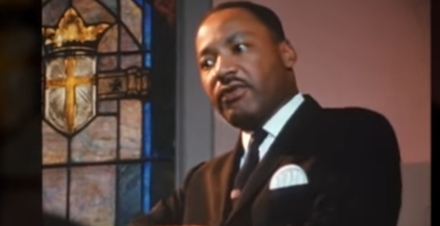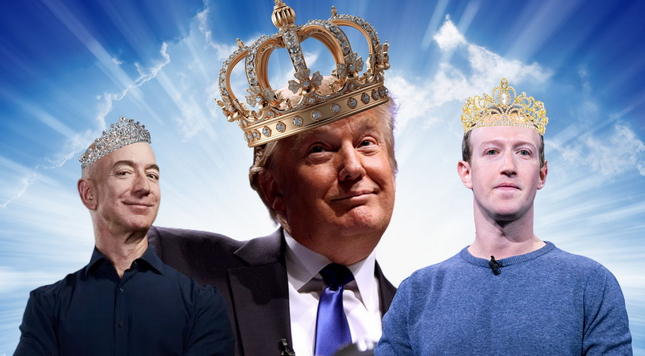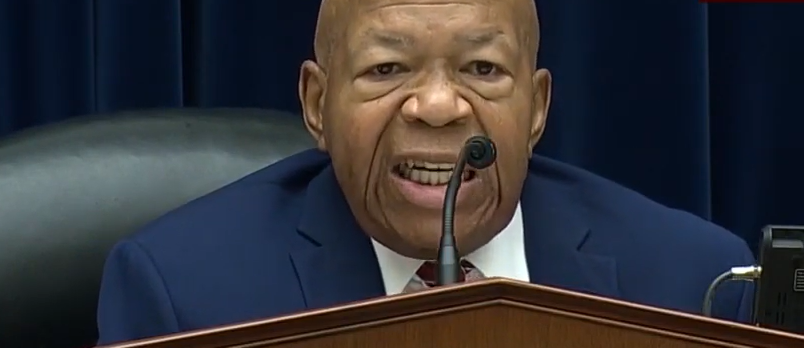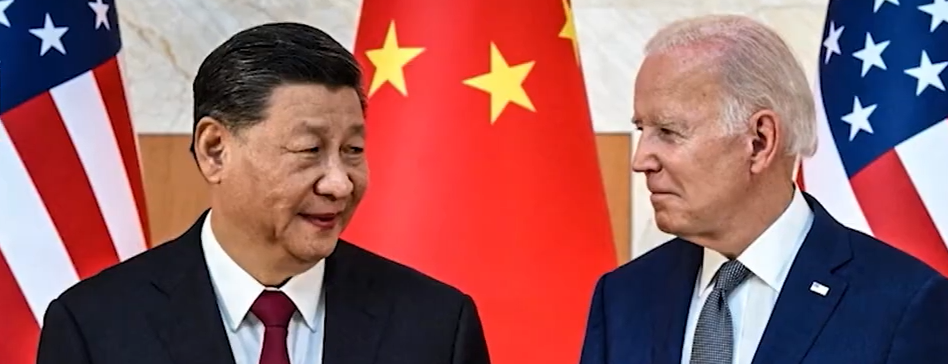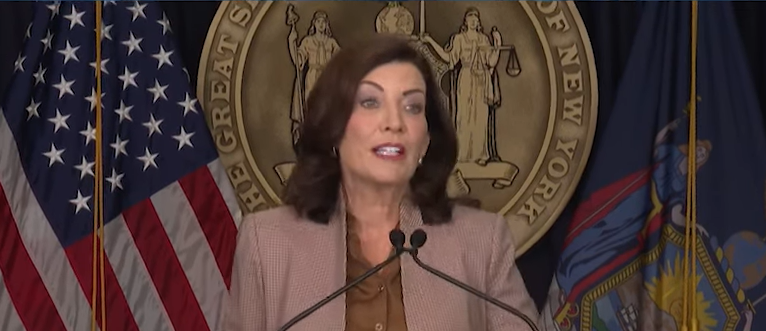Dr. King led fight for civil and voting rights. Photo: NBC TV screenshot via YouTube.
On April 4, 1968, the Reverend Martin Luther King, Jr.’s life was cut short by a racist’s bullet. Though his death shocked the nation and will forever reverberate throughout our republic, the fruits of his righteous labor and those of countless others remain undeniable: Mass non-violent protests; The Civil Rights Act of 1964; and, The Voting Rights Act of 1965. These monumental pieces of legislation and the civil rights movement that fueled them changed the course of our nation and reimagined what the world thought was possible.
But if history is any indication, past victories often need defending. If Dr. King were alive today, what would he think about the 253 bills that have been introduced by state legislators in 43 states to suppress the vote? In a 1957 speech from the steps of the Lincoln Memorial, Dr. King criticized states who were using “all types of conniving methods” to prevent Black Americans from voting. He explained, “the denial of this sacred right is a tragic betrayal of the highest mandates of our democratic tradition.” And he called for action from the federal government, demanding that Congress “give us the ballot!” It is likely he would say the same right now.
We need federal action now to give all of us the ballot and fulfill the promise of our democracy. Congress answered Dr. King’s call for action by passing the Voting Rights Act. Dr. King’s words ring true now as much as they did six decades ago, and Congress must listen once again.
There are two current bills that together would move us closer to the multiracial democracy envisioned by Dr. King and the civil rights movement. First, the John Lewis Voting Rights Advancement Act (“VRAA”), named after the civil rights legend and U.S. Representative John Lewis, would restore much of the major anti-discriminatory protection lost in 2013’s disastrous Shelby County v. Holder U.S. Supreme Court decision—federal review of voting changes made by states and localities with a record of discrimination. Among other provisions, the law would also create new transparency requirements for voting changes, such as providing public notice for polling place changes.
The second important bill is the For the People Act. This legislation would set clear minimum standards for voter access in federal elections that would improve voter participation, particularly in communities of color. The bill, which has already passed the U.S. House of Representatives, would require states to provide a minimum of two weeks of early voting, allow eligible citizens to register to vote on the same day as an election, and provide the option of voting by mail to all voters.
It also would require government agencies to automatically register eligible voters when they access government services, and would enfranchise millions of voters who are currently unable to vote because of a prior criminal conviction. These provisions would prevent states from engaging in numerous subtle, and not-so-subtle, voter suppression tactics that disproportionately affect our most disadvantaged communities.
Fifty-three years ago, Americans of all races questioned whether the country would be able to transcend its divisions or would instead continue to suffer from racial discord and violent upheaval. Today, the United States is still facing those same questions.
While the country is much closer to fulfilling King’s dream of a multiracial democracy—the Congressional Black Caucus now has a record 59 members, Black mayors govern the Southern cities of Atlanta, Jackson, Birmingham and Montgomery, and the country has its first Black and Asian-American vice president—voting rights now are less secure than they were in 1968.
The Voting Rights Act, the landmark legislation that Dr. King fought for years to establish as law, has been a shell of its former self since the infamous Shelby decision. For the past eight years, our country has faced a wave of restrictive voting rights legislation without the protection of federal oversight.
As we mark Dr. King’s death once again, Congress must heed his call to action and pass this critical legislation for our democracy. That is the best way to honor the legacy of one of America’s greatest leaders.
Kadeem Cooper is Policy Counsel with the Lawyers’ Committee for Civil Rights Under Law.
